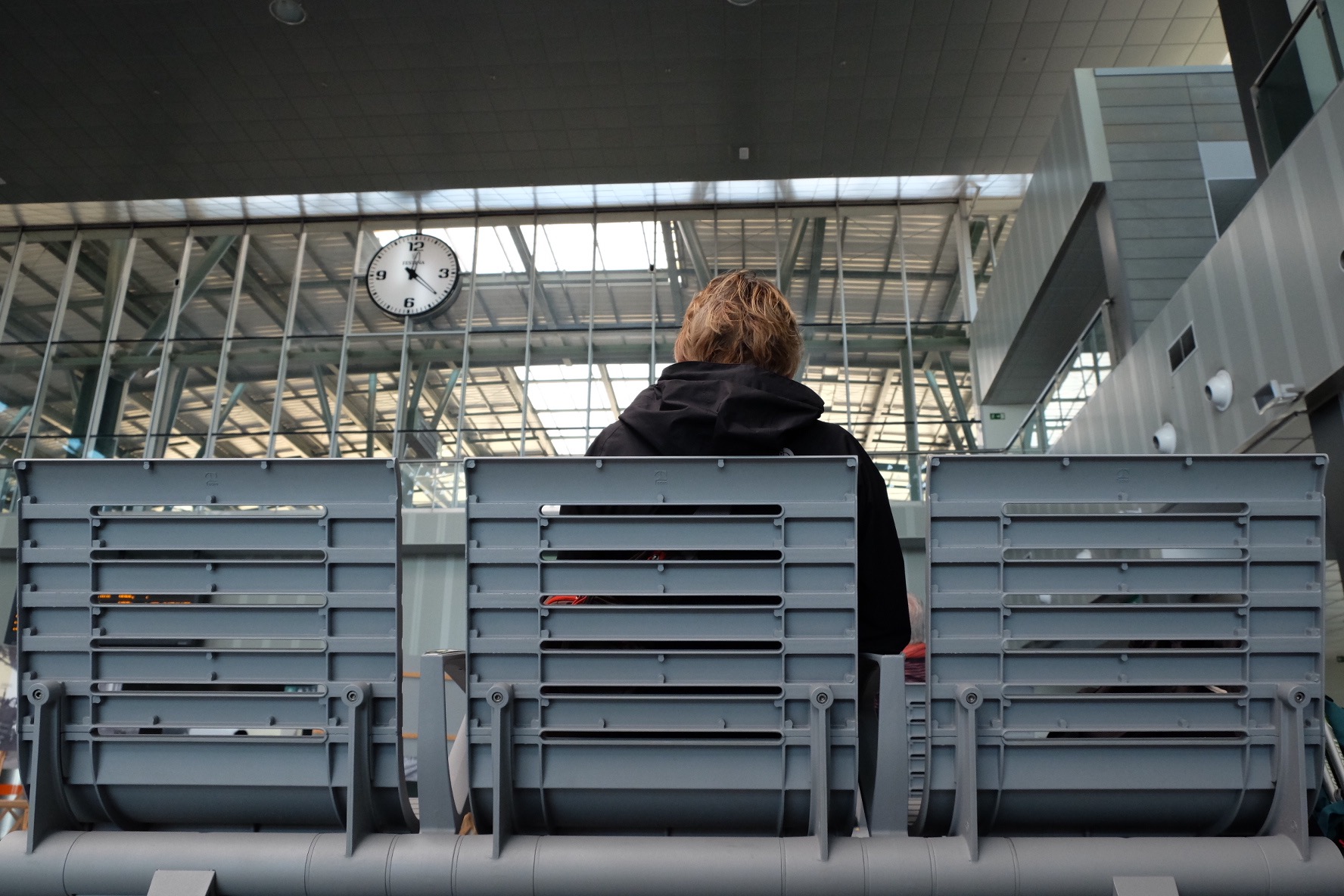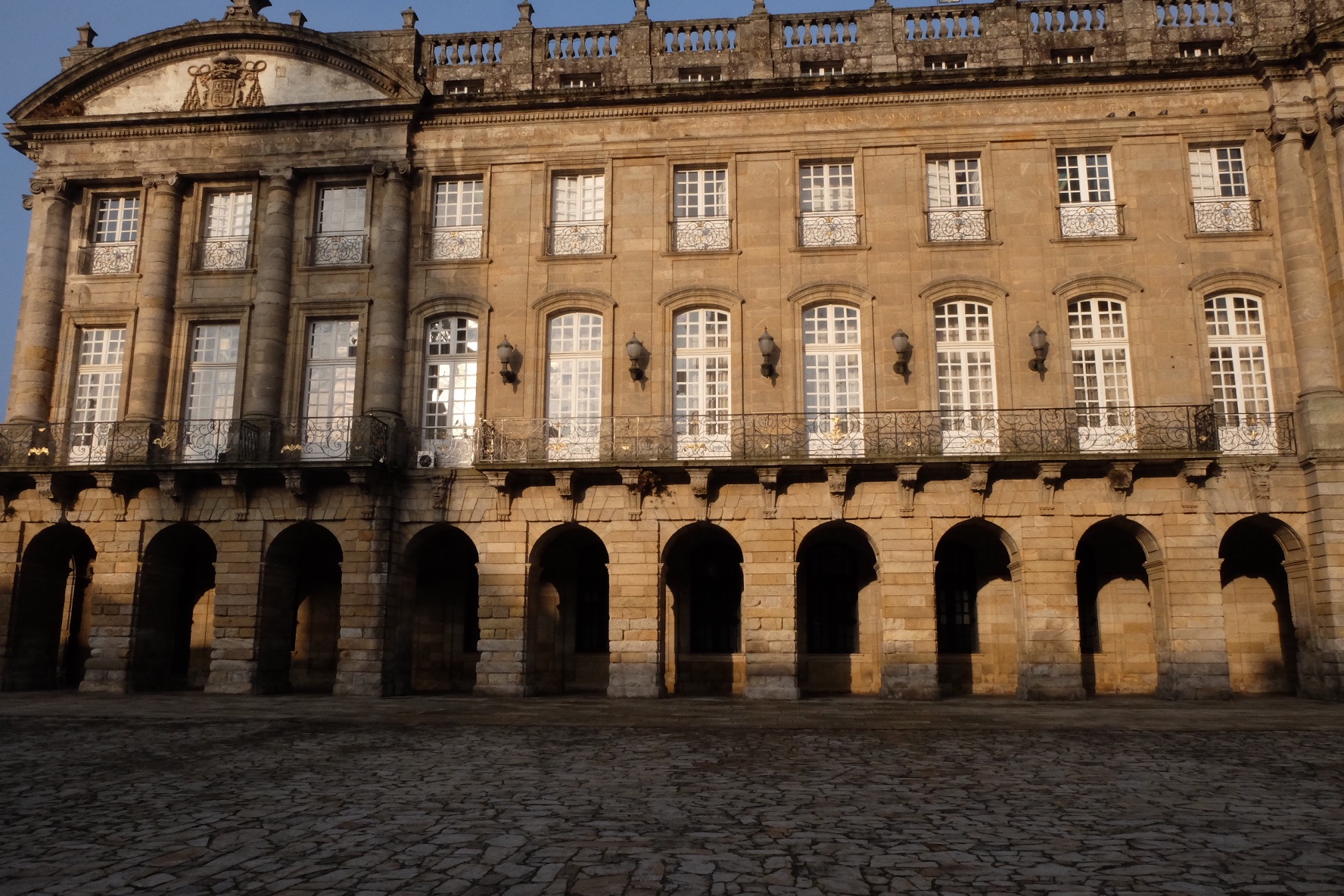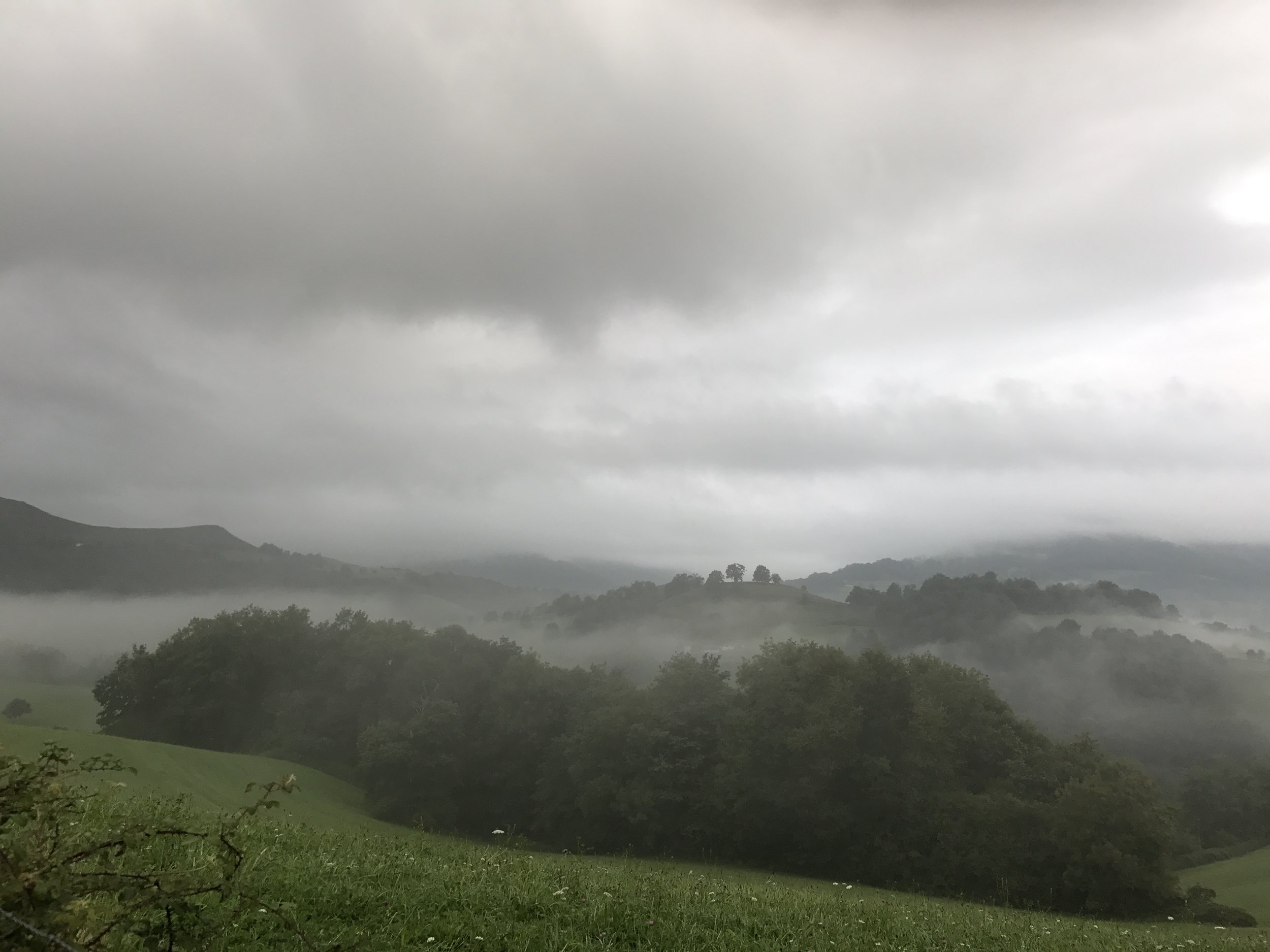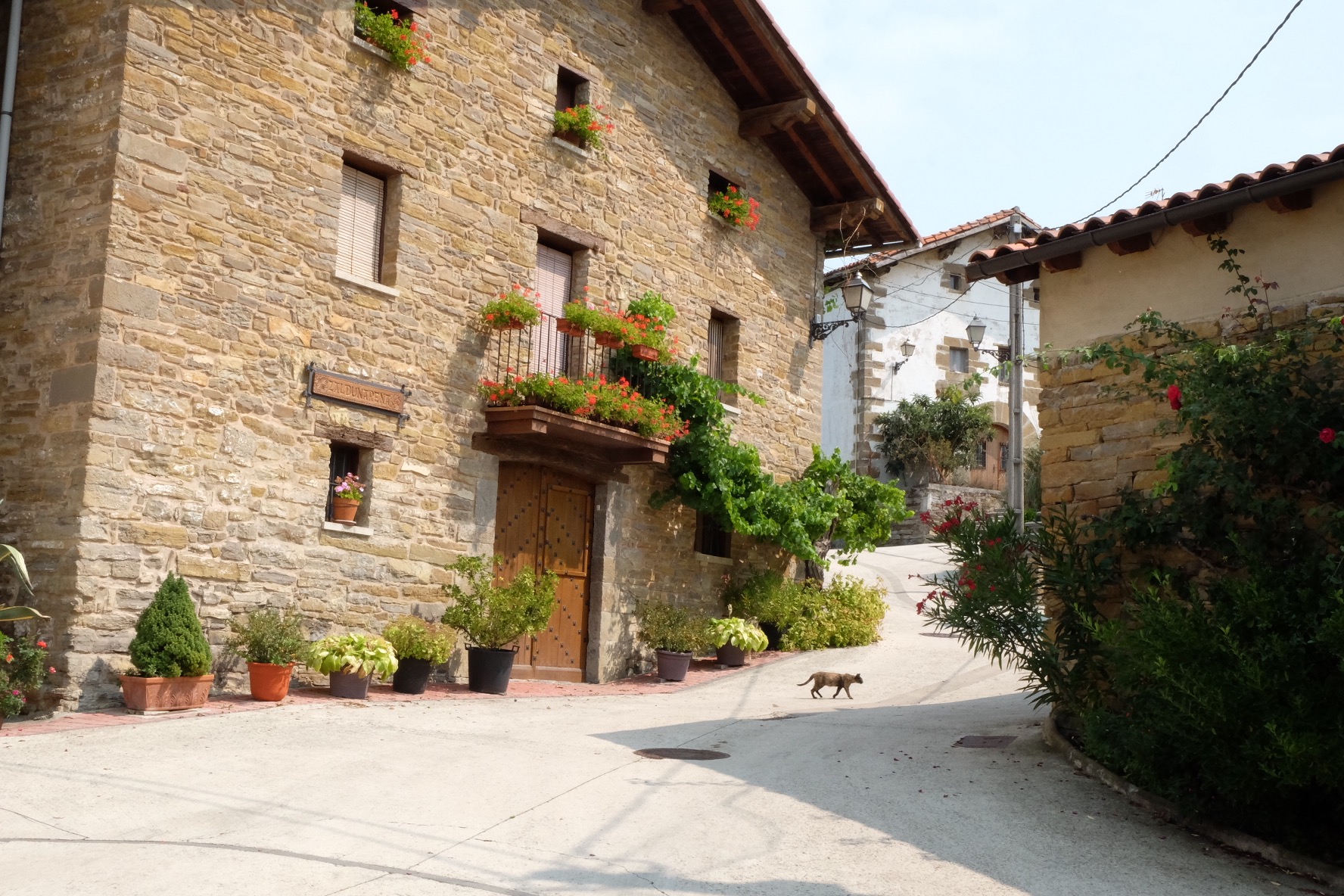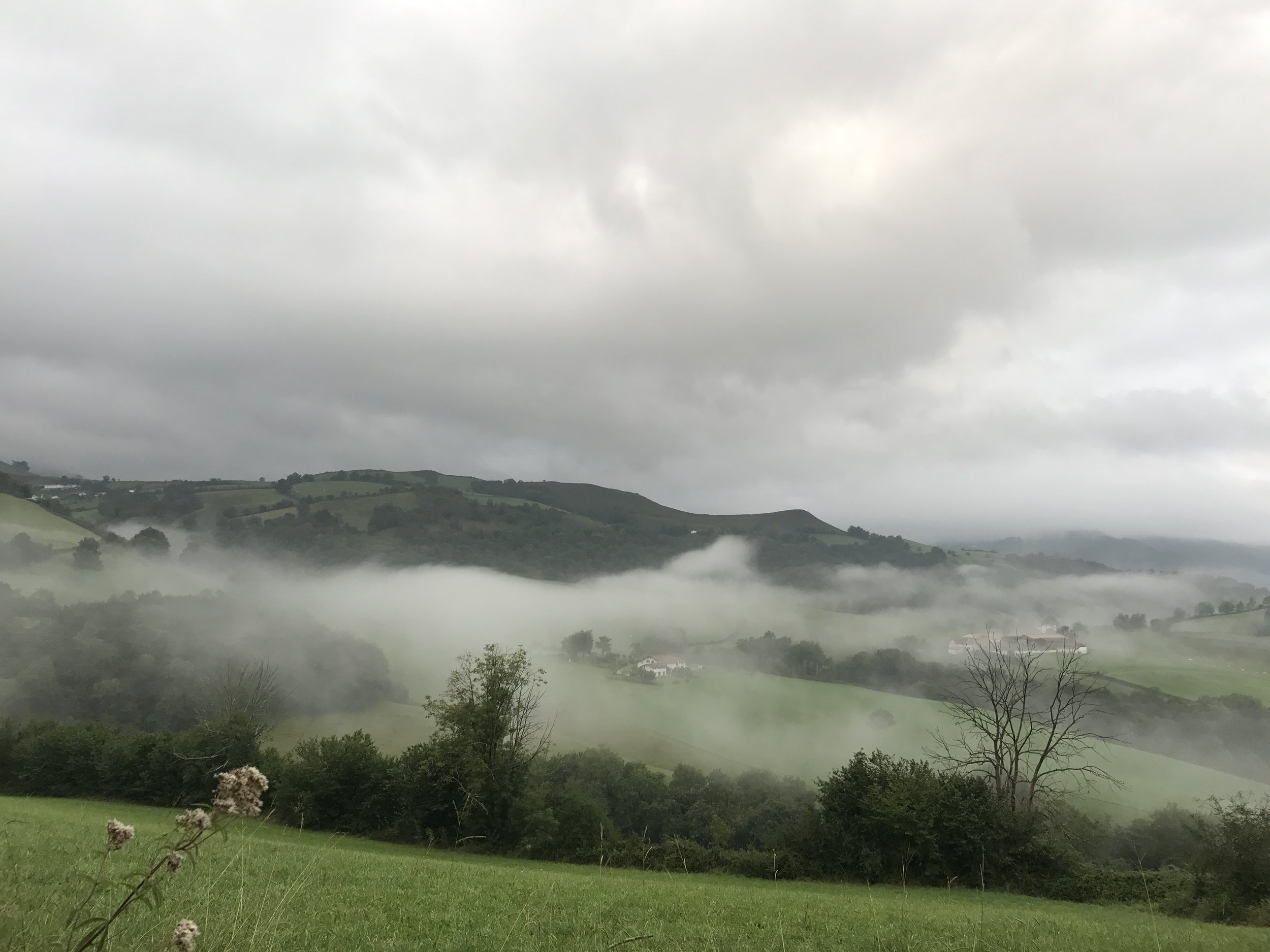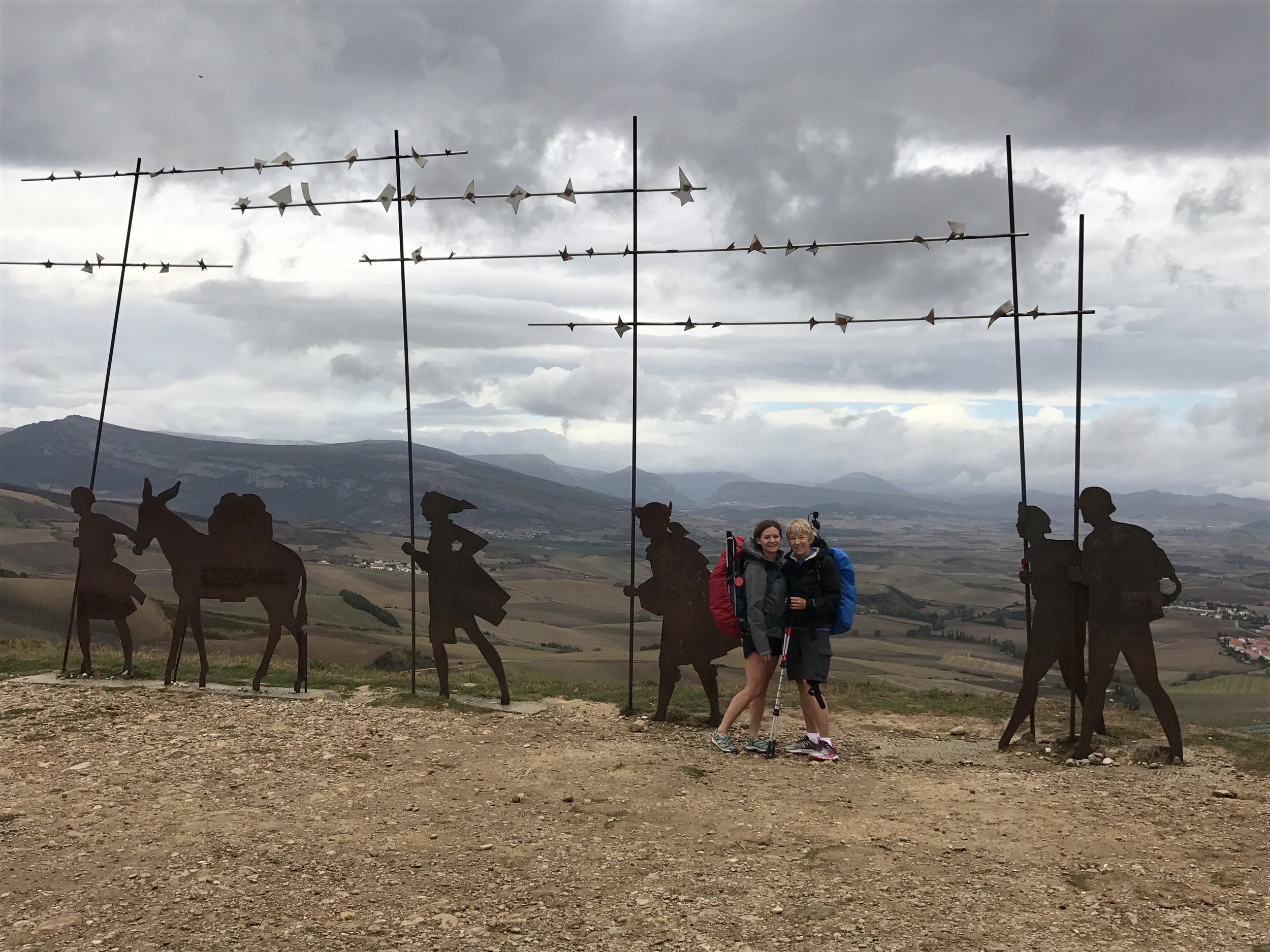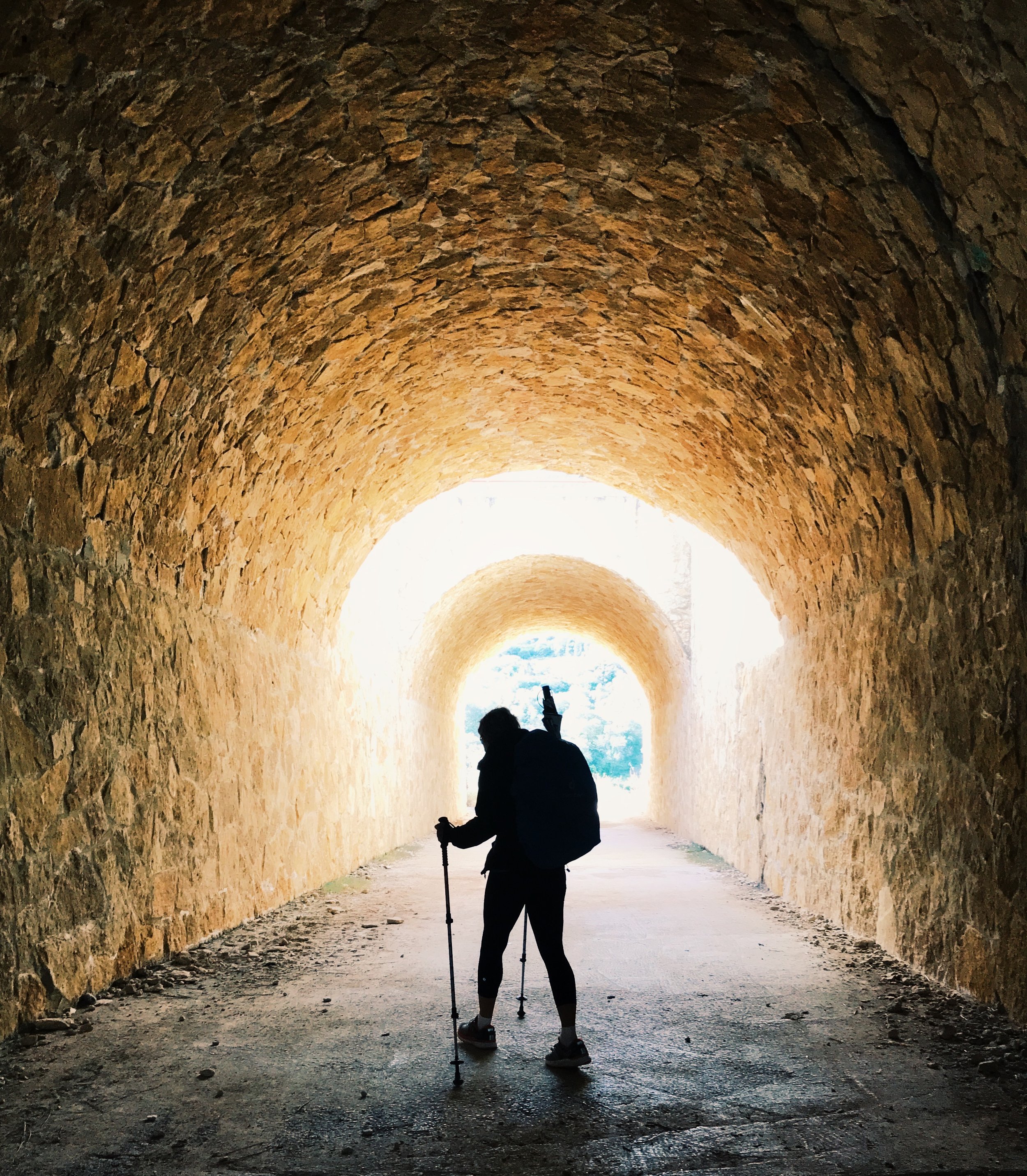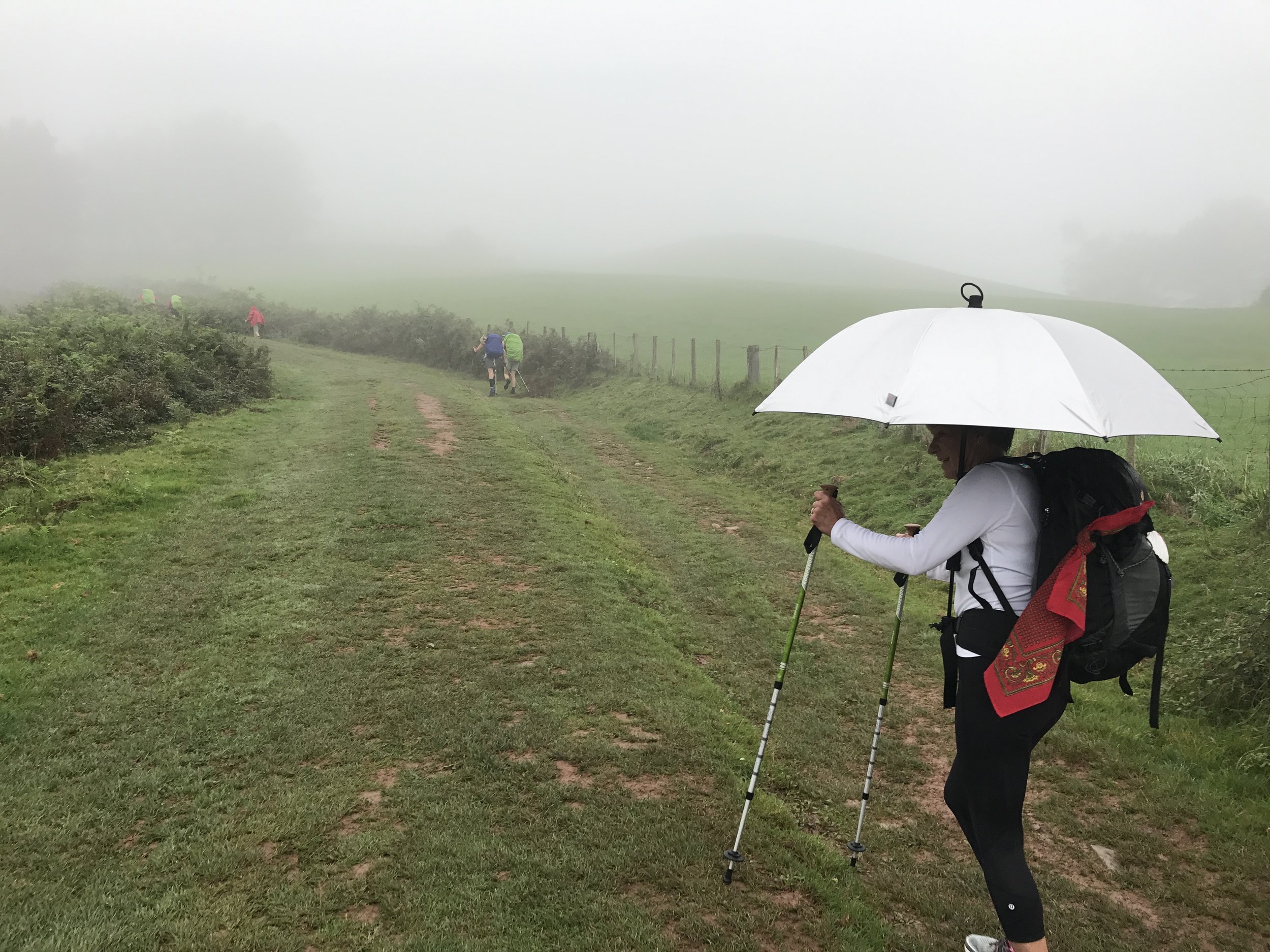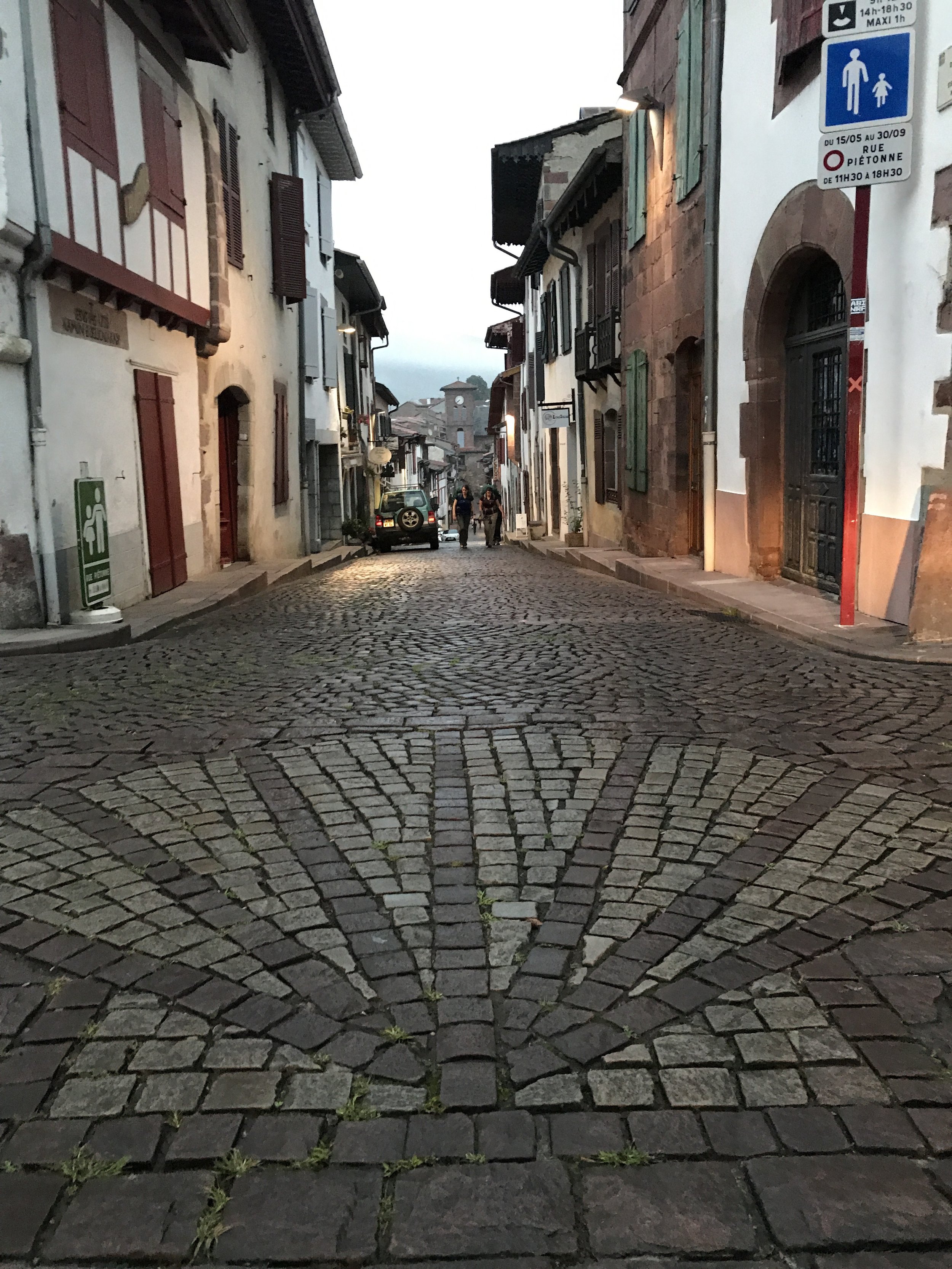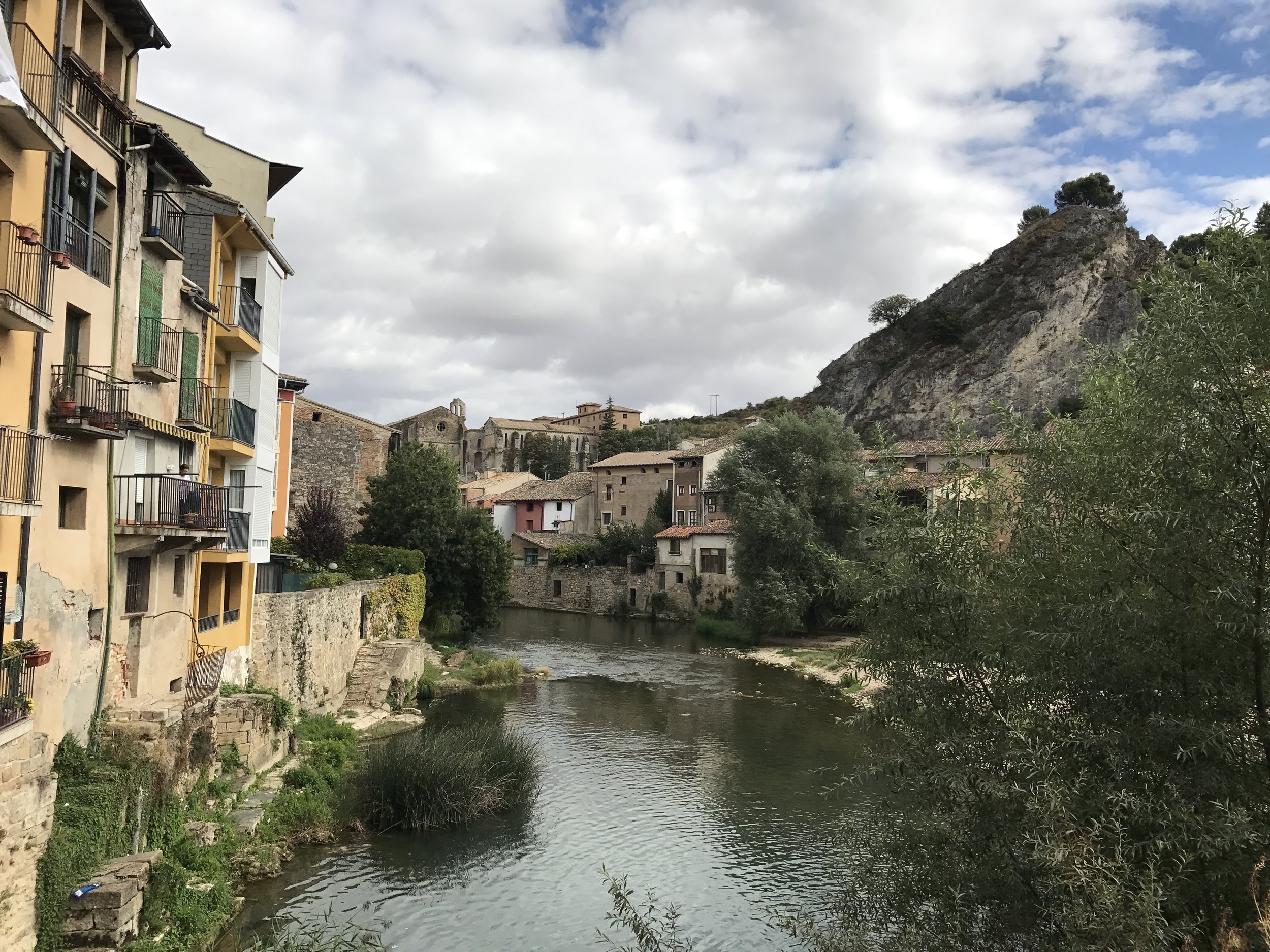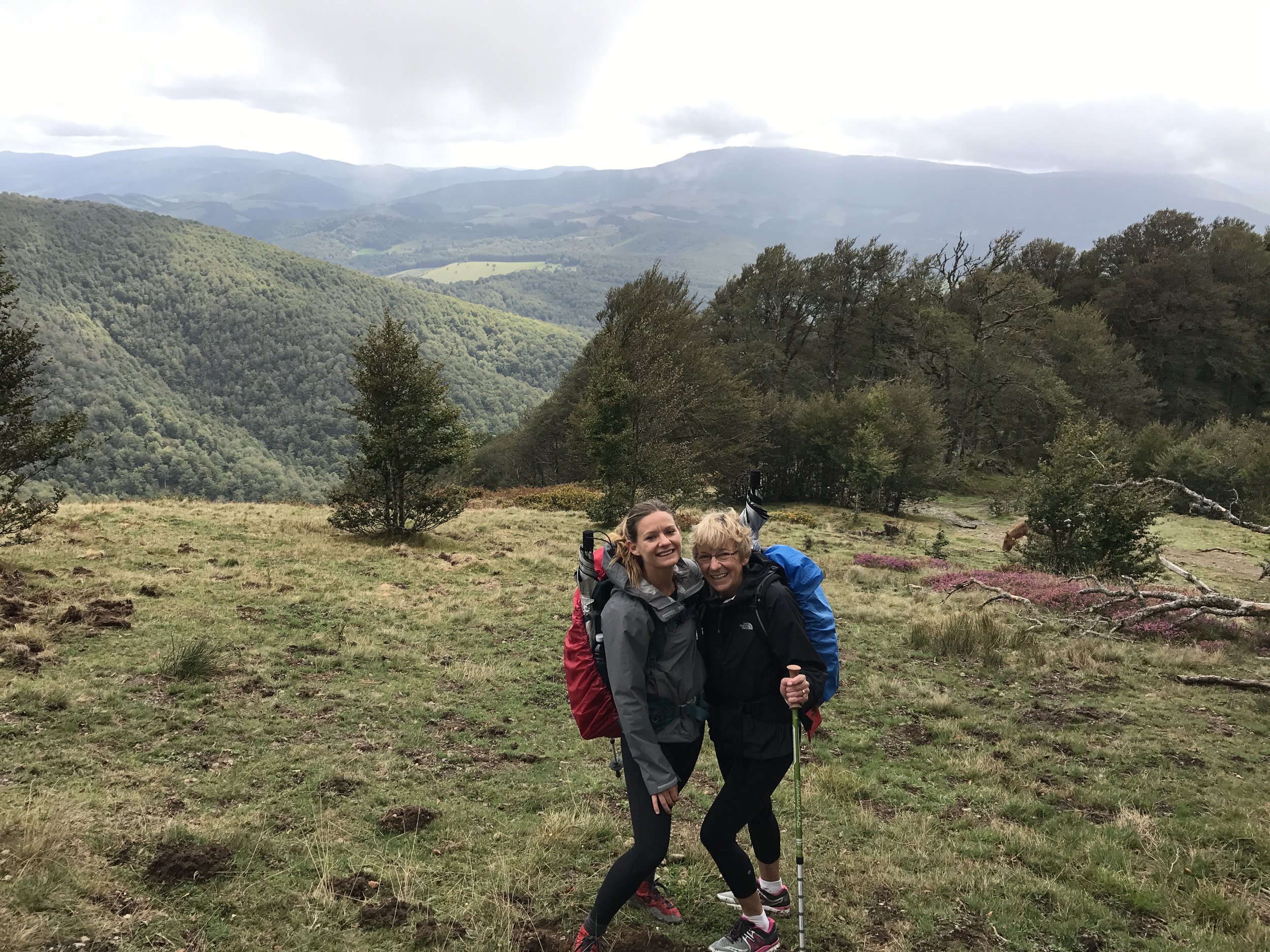Originally submitted as research as part of Grad Program at MSU Mankato, 2019
Shifting Perspectives:
Giving Nature a Platform in Our Vocabulary
#OptOutside
My first real experience with Black Friday (the day after Thanksgiving known for extreme retail sales) came when I was a sophomore in college. I was working part-time as a sales associate at Macy’s. Until this particular year, I had spent almost all big American holidays (Thanksgiving, Christmas, Fourth of July) traveling or camping or playing on the lake with family and friends. I was very fortunate to grow up in an environment where travel and experiences were a priority. As I stepped onto the Macy’s floor at four o’clock in the morning on the day after Thanksgiving, I realized a monumental shift in my understanding of our culture. A day where most people had valuable time off of work was being spent inside of large shopping malls and department stores with no other purpose than to engage in frivolous spending. Mundane discounts and one-day-only specials were reason enough to spend an entire day inside surrounded by thousands of other hungry deal chasers. As a naive 19-year old from the Northwoods, I was appalled by the display of hedonism and materialistic obsession. While the self-serving interactions with customers were enough to send me running to another part-time job, I couldn’t help but focus on the kids being exposed to such a toxic display of free time utilization. How could these children, being involuntarily schlepped around from store to store for hours, grow up to be anything more than overindulgent, intolerant citizens?
While it might seem overdramatic that a day of shopping can have such a profound effect on a child’s development, it is highly likely, in my opinion, that experiences of these caliber are detrimental to impressionable minds. It is my belief that consistent experiences in nature as well as everyday nature-themed vernacular can provide society with objective, inquisitive, and future-focused citizens.
In 2015, major outdoor retailer REI began their #OptOutside campaign, in which they promised to close all of their stores on the biggest shopping day of the year (Black Friday) encouraging consumers and employees alike to spend the day outside instead of inside, shopping (Nudd, 2017). The campaign, which spurred a flurry of social media postings featuring people pledging to “opt outside,” essentially encouraged people to stop and reevaluate what their time is worth and where it is best spent. REI sparked an interest (or re-interest) in nature with a simple shift in language, snowballing into a movement of prioritizing time spent outside that is still prominent today. According to Ben Steele, Chief Creative Officer of REI, the campaign spoke even more to a change in overall consumer behavior, and as the momentum grew, he witnessed people proclaiming that they were inspired to “...protect public lands, because they’re a place [they] care about” (Nudd, 2017). Because of being exposed to this nature-themed content, consumers rekindled their love for nature and in turn became advocates for preserving natural areas.
This example of a shift in language and a nature-inspired call to action is an incredibly compelling testament to the power of content in our society. A research study by Kesebir & Kesebir (2017) showed evidence of a drastic drop in nature activities in conjunction with the growing omittance of nature-themed subject matter in popular culture. Their research suggests that the “disappearance of nature vocabulary from cultural conversation reflects an actual distancing from nature” (p.260). With this shift in behavior and perspective, they found that these findings suggested “...unrealized gains to human health and well-being, as well as lost opportunities to nurture pro-environmental attitudes and stewardship behaviors” (p.260).
Moreover, their research suggests disconnection from nature is a growing result of urbanization factors and technological advances, particularly within indoors and virtual recreation options (Pergams & Zaradic, 2008). This research also speaks eloquently to the premise that, if creators do not interact with nature regularly, it is unlikely their work will reflect any sort of nature theme. If children are raised without exposure to nature-themed content, who will take on the responsibility of advocating for protection and advancement of natural parks and vulnerable ecosystems in future generations?
In researching a prominent shift away from nature-based recreation, Pergams & Zaradic (2008) argue that it has been found that “environmentally responsible behavior results from direct contact with the environment and that people must be exposed to natural areas as children if they are to care about them as adults” (p. 2295). The absence of nature-based language and nature-based activities almost ensures that future generations are unlikely to seek out natural environments, affecting everything from their physical health to mental health and more.
The deterioration of biodiversity understanding and advocacy is best represented by the term ‘shifting baseline syndrome’ (Pauly, 1995). Pauly describes this phenomenon as a sort-of reset on part by each generation who, when presented with data from the previous generation, does not take into account the starting baseline of the data, thus skewing the reference points resulting in inaccurate targets for economic development. As generations continue to precede the next, proper referencing of the effects of nature on humans is the only way to continue the lineage of making nature a prioritized value. Without proper research collection and understanding of these shifting baselines, future generations are threatened by misinformation resulting in inaccurate data samples. In his article, Pauly (1995) establishes a call for the development of frameworks for including prior research in reference to global fisheries, or as he recounts, “Frameworks that maximise the use of fisheries history would help us understand and to overcome - in part at least - the shifting baseline syndrome, and hence to evaluate the true social and ecological cost of fisheries” (p. 430). This example represents a larger framework that can be implemented across various natural resource research, inevitably pushing the continuum of activism throughout future generations.
While REI’s #OptOutside campaign didn’t necessarily change the world overnight, the shift in perspective and promoted language had a significant trickle-down effect on consumers in terms of returning to prioritizing time in nature based on the millions of media being posted from the outdoors. This year, REI has committed to partnering with the University of Washington for new “Nature for Health” initiative. According to Justin Housman of Adventure Journal, the goal of the initiative is “ to build a mountain of data surrounding the health benefits of living a life outside, while also digging deeper into the demographics of the outside community to figure out how to increase access to green spaces and public lands to people who don’t traditionally make a lot of use of those spaces” (Housman, 2018). With research like this coming from a popular outdoor retailer, consumer loyalty is able go hand-in-hand with nature-based activism and time spent outdoors. Instead of being lured by marketing tactics to spend holidays inside or online shopping, we as consumers have the opportunity to embrace nature-themed content while simultaneously becoming advocates for environmental progress and sustainability.
“Opting Outside” is continuously popular all over the world including here at The Leadership Center, where we fully embrace the ideology that outside is where your big AHA moments are waiting. Let’s go.
References
Housman, J. (2018, October 23). REI Gives $1 Million to Study Benefits of Nature, Boost #OutsideForAll. Retrieved from https://www.adventure-journal.com/2018/10/rei-ceo-jerry-stritzke-on-how-nature-benefits-human-health/
Kesebir, S., & Kesebir, P. (2017). A Growing Disconnection From Nature Is Evident in Cultural Products. Perspectives on Psychological Science,12(2), 258-269. doi:10.1177/1745691616662473
Nudd. (2017, November 20). Inside Year Three of #OptOutside With REI's Chief Creative Officer. Retrieved from https://www.adweek.com/creativity/inside-year-three-of-optoutside-with-reis-chief-creative-officer/
Pauly, D. (1995). Anecdotes and the shifting baseline syndrome of fisheries. Trends in Ecology & Evolution,10(10), 430. doi:10.1016/s0169-5347(00)89171-5
Pergams, O. R., & Zaradic, P. A. (2008). Evidence for a fundamental and pervasive shift away from nature-based recreation. Proceedings of the National Academy of Sciences,105(7), 2295-2300. doi:10.1073/pnas.0709893105





